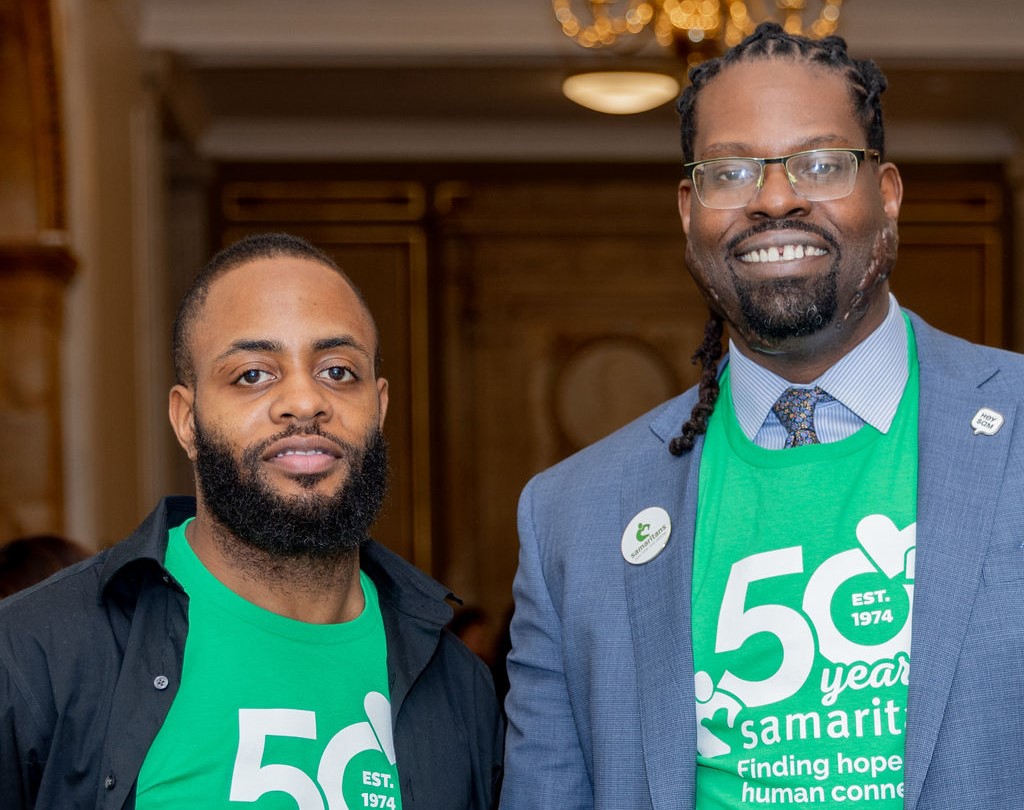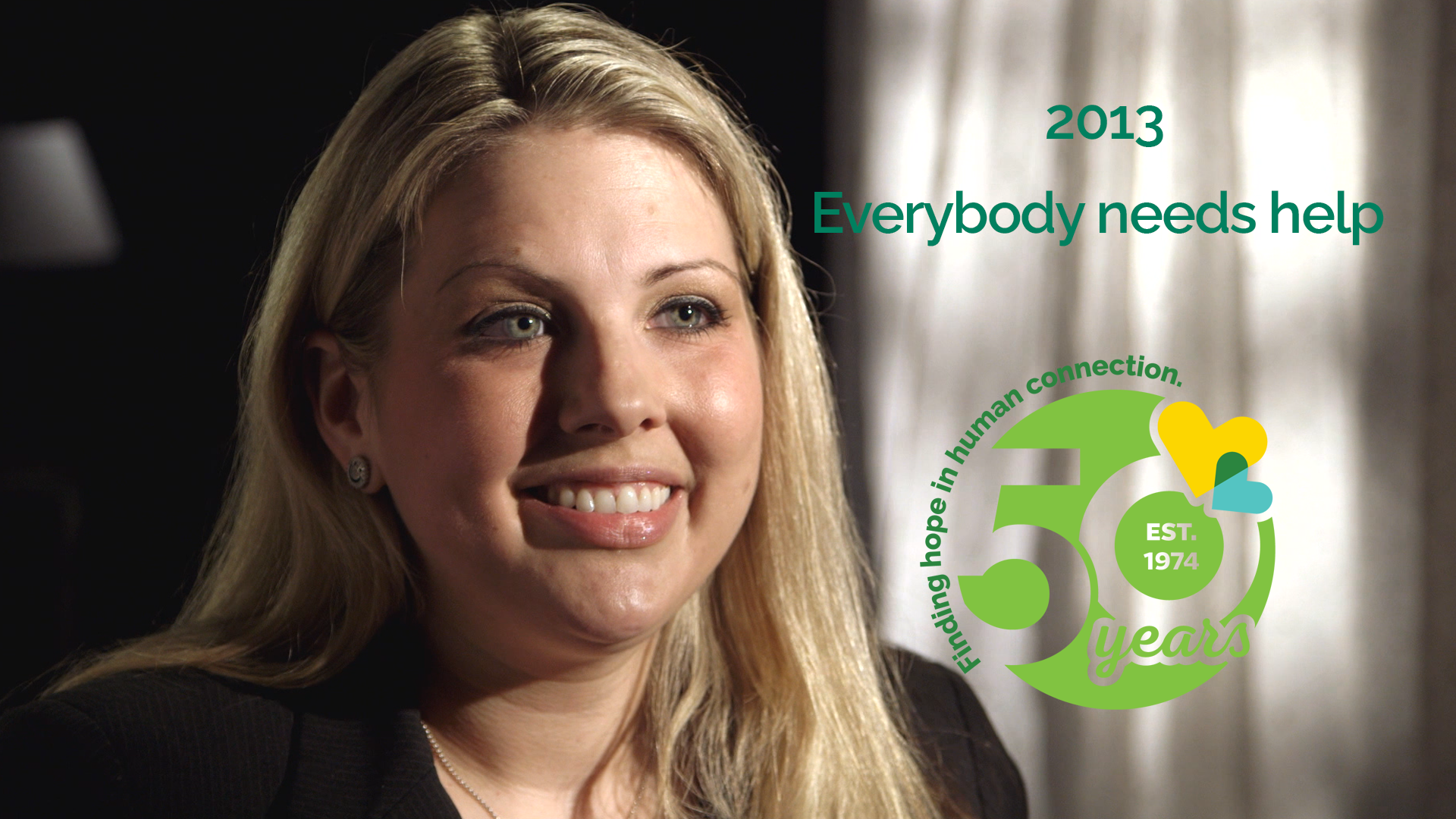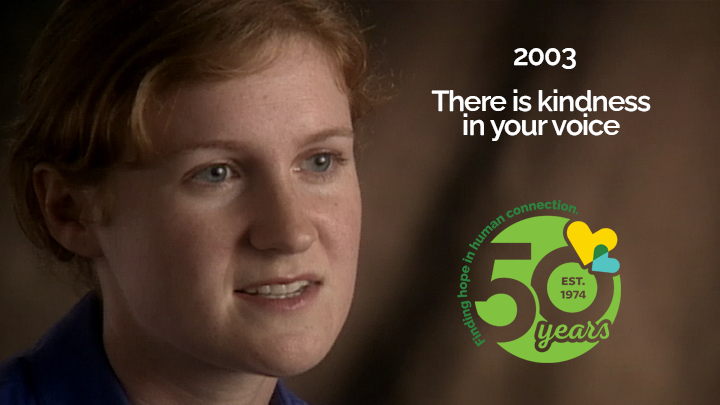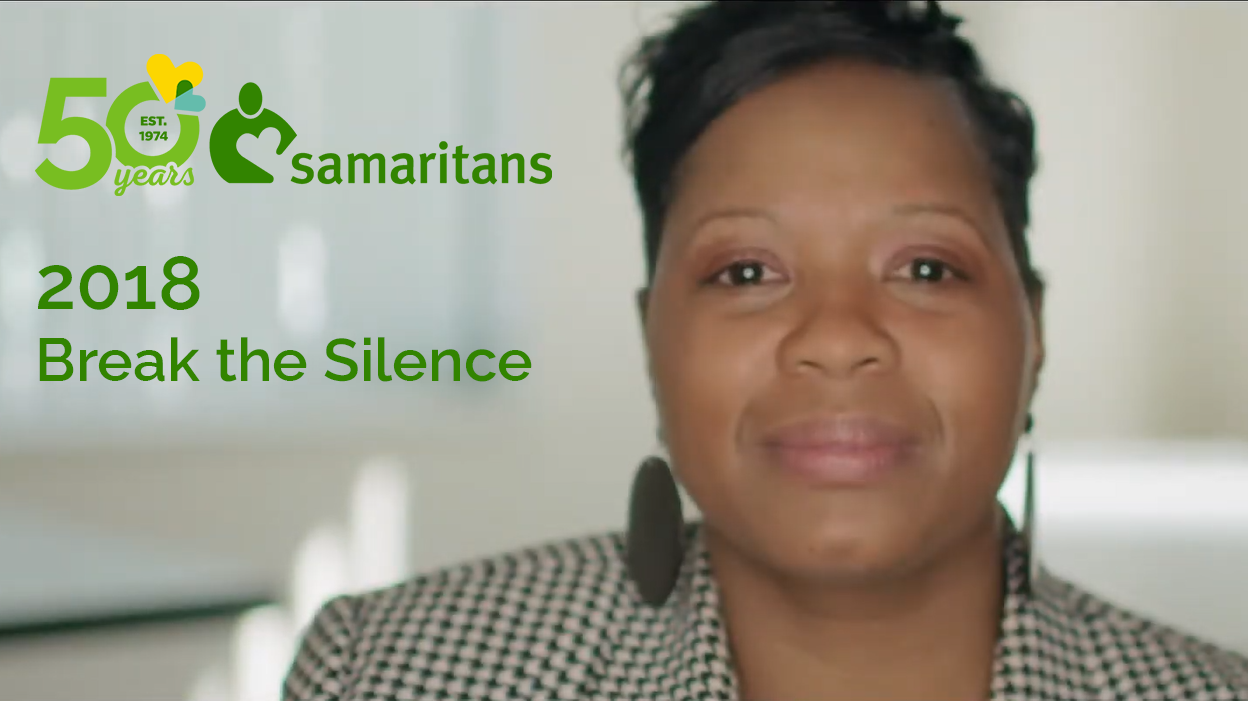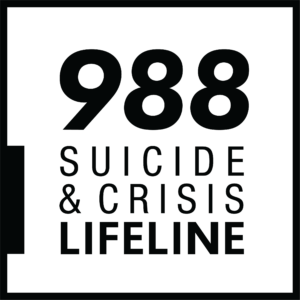John R. (Jack) Jordan, Ph.D., a clinical psychologist and experienced grief therapist, has been working with survivors of suicide loss for more than 40 years. Below, Jack (pictured, left) announces his retirement from working with Samaritans. We’re so grateful to Jack for sharing his expertise and warmth with so many suicide loss survivors over the years, and we wish him the best in this retirement!
For those who may not know me, I have been the Clinical Consultant for Samaritans’ Grief Support Services for many years. I will be retiring from my work with Samaritans at the end of 2020. During the time that I have been involved, I have watched the program grow in size, and more importantly, in skill at helping people who are bereaved by suicide.
When I first arrived, the program consisted of a loose collection of a few bereavement support groups. The groups had often been started by suicide loss survivors who wanted to help other survivors, and the groups ran more or less independently by the founder of each group. Though the dedication and care of the survivors was remarkable, there was very little formalized training, coordination of the groups, or supervision of the facilitators. This handful of groups, plus an annual memorial service, was all that Samaritans had to offer suicide loss survivors.
Over time, I’ve worked closely with the program directors (Debbie DiMasi and Cheri Andes), as well as the program manager (Emily Britt Davis). Together, we have strengthened the program considerably. Currently, the Grief Support Services program has an organized screening process for potential new volunteers, a training program that consists of comprehensive facilitator training, quarterly meetings of the volunteer team, and a new service that did not even exist when I first arrived: Survivor to Survivor Visits, which provides at-home visits to survivors. Survivors can also participate in the Annual Memorial Service and the 5K Walk/Run for Suicide Prevention – opportunities for survivors to interact with and get to know other survivors. In the last couple of years, we have also begun offering community workshops for survivors, which are two-hour educational meetings for survivors about suicide, grief after suicide, trauma, and self-care.
As you can see, the program has grown tremendously over the last 12-15 years! As I have had the good fortune to come to know and work with the leaders and the volunteers of Grief Support Services, my respect for their dedication, selflessness, and hard work has only grown. People sometimes ask me why I chose to be a grief counselor for most of my career and, in particular, why I chose to focus on bereavement after suicide (“Isn’t that a bummer?”). I respond by saying something like “Sometimes – but you don’t understand how inspiring the work can be, as well.”
I need only to describe the wonderful staff and volunteers at the Grief Support Services of Samaritans to illustrate what I mean by that. I have always been (and continue to be) moved by the generous willingness of survivor volunteers to help other survivors. I have seen the skill level of these volunteers steadily increase with time and experience, as well. I am sure that, under the capable guidance of Cheri, Emily, and my “replacement,” (Jim McCauley from Riverside Trauma Center), the Grief Support Services team will continue to thrive in its mission to provide comfort and hope to people whose lives have been profoundly touched by the suicide of someone they loved. I am very, very proud to have been a part of this wonderful program effort over these many years. Thank you all for having me onboard. It has been my honor.

